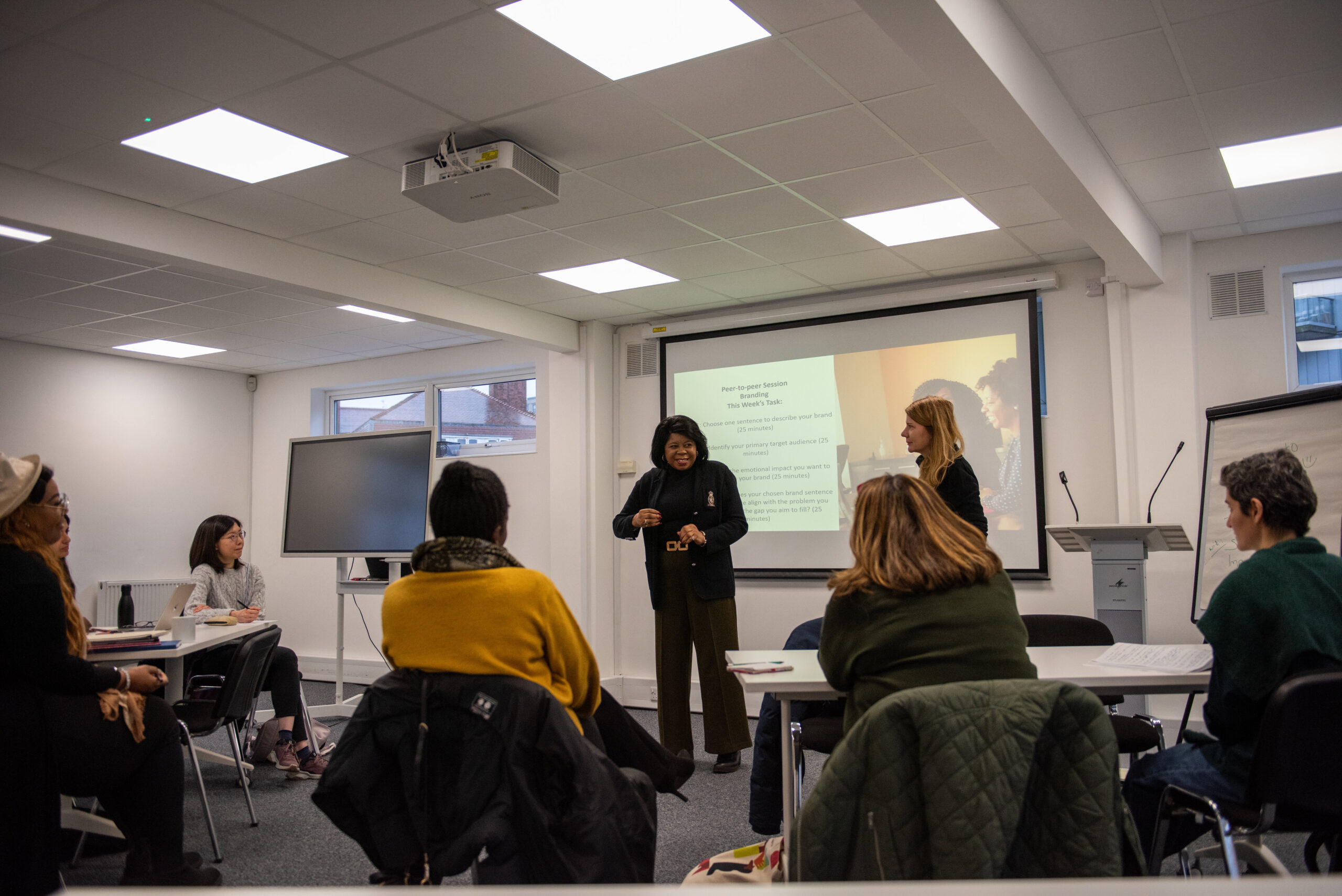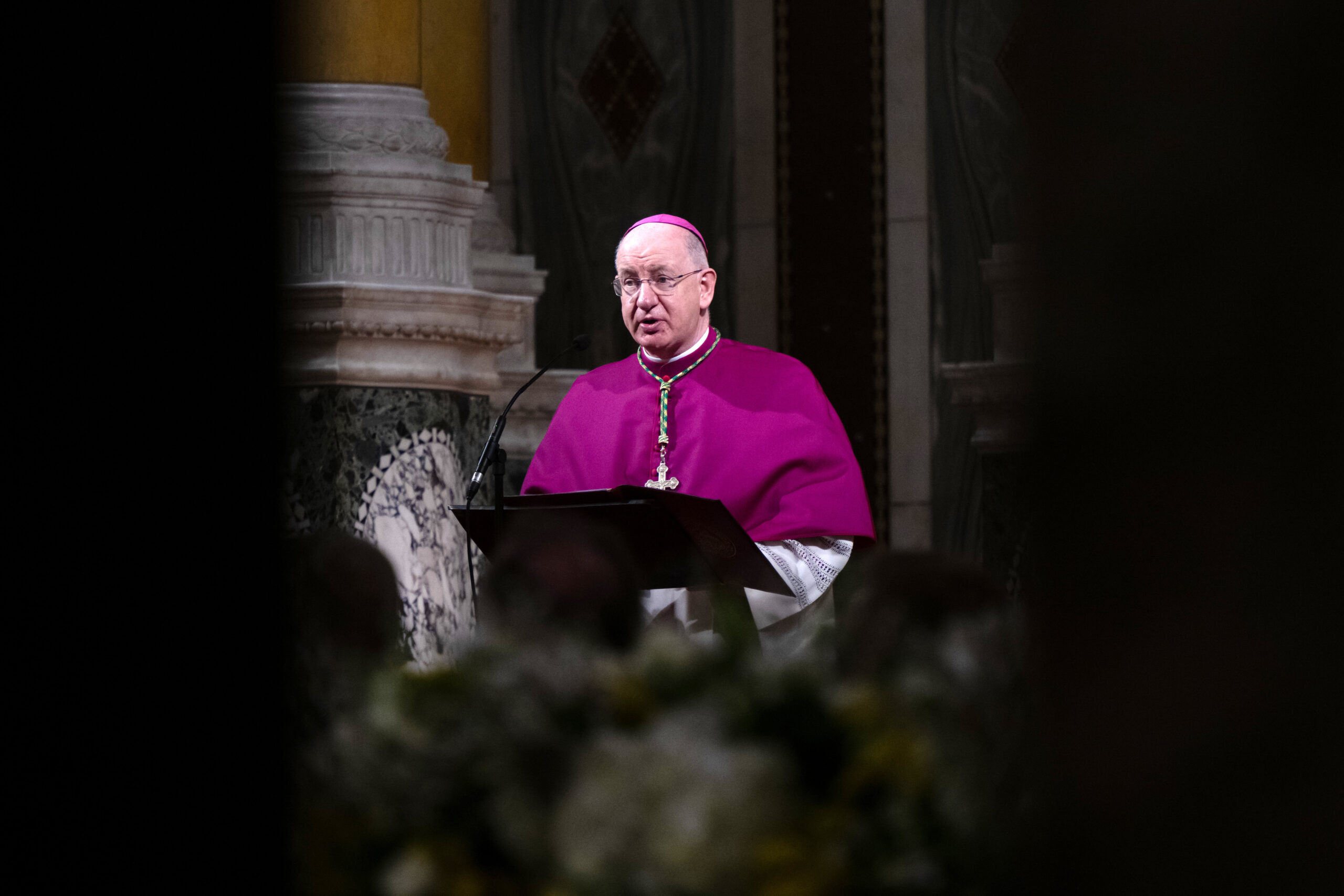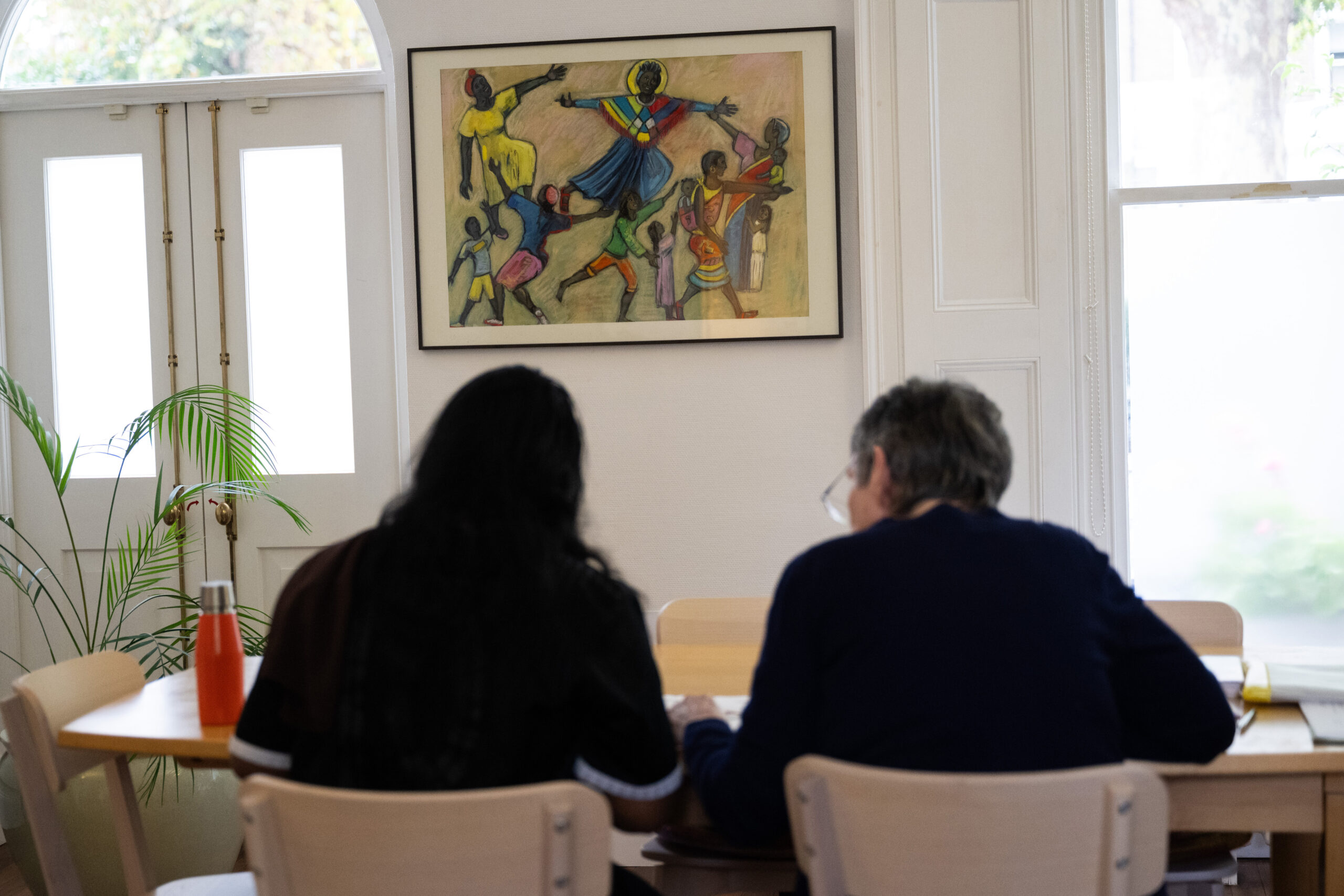 John Coleby is the director of Caritas Westminster. Here he reflects on the Catholic church’s social teaching which defines how Caritas Westminster approaches the issues of inequality and injustice in our society.
John Coleby is the director of Caritas Westminster. Here he reflects on the Catholic church’s social teaching which defines how Caritas Westminster approaches the issues of inequality and injustice in our society.

If you speak to macro analysts they will tell you the there is less poverty than there has ever been. However, the evidence we see looking around us and listening to the experiences of people we know suggests a different reality. Many people are struggling to survive. It sounds dramatic but it is real. In the United Kingdom in the 21 century there is growing food insecurity. The Trussell Trust has reported that compared to this time five years ago, need for their food banks has increased by 81%.
Once, work was seen as a route out of poverty. Not anymore. Housing costs, fuel costs, food costs and travel costs are all driving more and more people into poverty. For those not able to work, benefits are stagnant and falling behind rapidly increasing inflation.

The Joseph Roundtree Foundation (JRF) defines poverty:
When a person’s resources (mainly their material resources) are not sufficient to meet their minimum needs (including social participation)
As Christians we amplify this definition to include any situation which prevents human flourishing be that domestic abuse, discrimination, loneliness, racism, modern slavery, human trafficking as well as economic and social exclusion. We understand that poverty is not designed into creation but rather it is a distortion of God’s Plan for his world.

We believe in the innate dignity of every human person. Therefore, we are invited to consider how best to tackle poverty. We do this via three routes:
- Directly relieving poverty, that is, providing food, shelter and welcome to people in need;
- helping build communities in which people feel they play an active part and where they can develop their potential;
- and by identifying injustice.
Poverty is a systemic reality so we a have a duty to call this out and highlight the injustices that people live and offer solutions which address structural inequalities.

In Deus Caritas Est Pope Benedict identified the three pillars of the Church as Word, Sacrament and Service. He said that without all three dimensions being actively present we cannot live fully as Church. Our guide to Christian service is the person of Jesus Christ.
The Church has assembled a body of reflection, theology and ethical principles rooted in the Gospel and its Tradition. This is known as Catholic Social Teaching (CST). One of the tools is known as the pastoral cycle (See, judge, Act) and it invites us to analyse social situations in the context of the Church’s social teaching and act to promote justice.
There are a number of resources available which can help deepen our knowledge and understanding of CST.

Pope Francis has continued in the long line of popes publishing exhortations and encyclicals expounding the social teaching relevant to the contemporary world. In Laudato Si he focusses on the stewardship of creation and in Fratelli Tutti our common bonds as people needing profound and just relationships as individuals, institutions and nations.
Materials for Caritas Westminster’s “Love In Action” programme can be found here. These are resources for parishes and schools which help locate our service to the community and each other in the context of Catholic Social Teaching. The programme focuses on gathering the community at the Sunday Masses and exploring six themes: Human Dignity, Dignity of workers, Care of Creation, Solidarity and Peace, Community and Participation and the Preferential Option for the Poor.

The Preferential Option for the Poor is the imperative the Church requires of us to think and act when we are confronted with poverty. We know poverty is not an ethereal concept, rather it manifests in the lives of people around us. Using the JRF definition it is ‘When a person’s resources are not enough to meet their minimum needs’. These include material needs such food, shelter, work, money but also social needs for friendship, belonging, participation and inclusion which affirm our dignity as persons. All of our Parish projects and Caritas Services and activities are motivated by the imperatives of CST. I commend Love in Action to you as a practical and helpful resource which will help on the journey of See, Judge Act.
Caritas Social Action Network has also produced a very helpful resource for reflection which can be downloaded from their website




